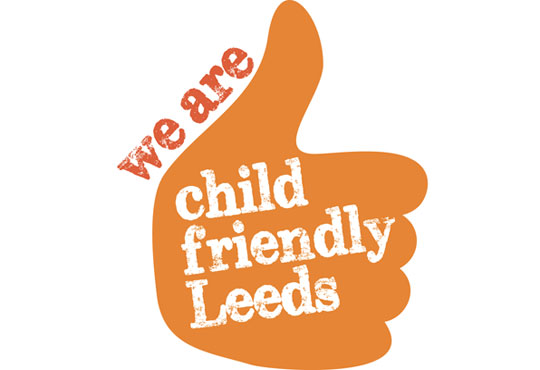So, you’re starting or may already be on the weaning journey and what an exciting, hopeful, bonding and (at times!) frustrating journey to be on! There are certainly highs and lows when it comes to weaning but one thing is for sure; your baby will learn and develop so much through this stage.
Whether you’re going for a conventional weaning approach or opting for baby-led weaning or perhaps a combination of the two, mealtimes can be relaxed, fun and full of fresh ingredients that little ones will love. The initial two weeks of weaning should focus on having bitter vegetables once per day and then after that increasing the amount of meals and food combinations that your baby is having. The more flavours and textures we can introduce early on the better. It also helps to save a lot of time and expense if you can introduce family foods right from the get go with all the nutrients that babies need to grow and thrive.
Let’s Focus on Omega 3
A key nutrient that babies need during weaning and beyond is omega 3 which is one of the Essential Fatty Acids. They are called essential because your body can’t make them. Omega 3 is a really important nutrient because it can help with both brain and vision development. It is such an important nutrient that it is now law for formula milks to contain omega 3 and breastfeeding mums should definitely try to make sure they are having a good intake too as it passes through breast milk.
Government guidelines recommend up to 2 portions of fish per week, one of which should be oily. We also know that it isn’t a good idea to give more than 2 portions of oily fish per week as unfortunately oily fish can contain small amounts of pollutants which can build up in the body. Swordfish, shark and marlin however contain very high levels of the pollutant mercury and therefore it is advised that children avoid eating these. Tuna although not an oily fish, also contains a small amount of mercury too so children should have this no more than twice a week.
A portion of fish varies as your little one grows:
7 – 18 months – 20g – 30g fish or 1/4 of a fillet
18 months – 3 years 30-90g 1/4 – 3/4 of a fillet
4-6 years – 1/2 to one small fillet 60-120g
Also important to note is that fish isn’t a one-stop-shop and contains other important nutrients too including protein, iodine, selenium, calcium, vitamin A and some vitamin D.
Here at Latch to Ladle, I am often asked about getting enough Omega 3 whilst following a vegetarian or vegan diet and that’s certainly something I wanted to address. We know that Omega-3 that comes from non-fish sources isn’t as readily absorbed but that doesn’t mean you can’t get some. Plant based omega-3 oils include rapeseed oil (packed full of great fats and fat-soluble vitamins), chia seeds, walnuts, linseeds, soya and tofu, hemp seeds, green leafy vegetables and pecans (make sure nuts are ground down or in butter form in the younger ones due to choking risk). If you are struggling to get these foods in to your baby or child then it may be worth supplementing with Algal oil (made from algae) such as VitaDHA Baby drops.

